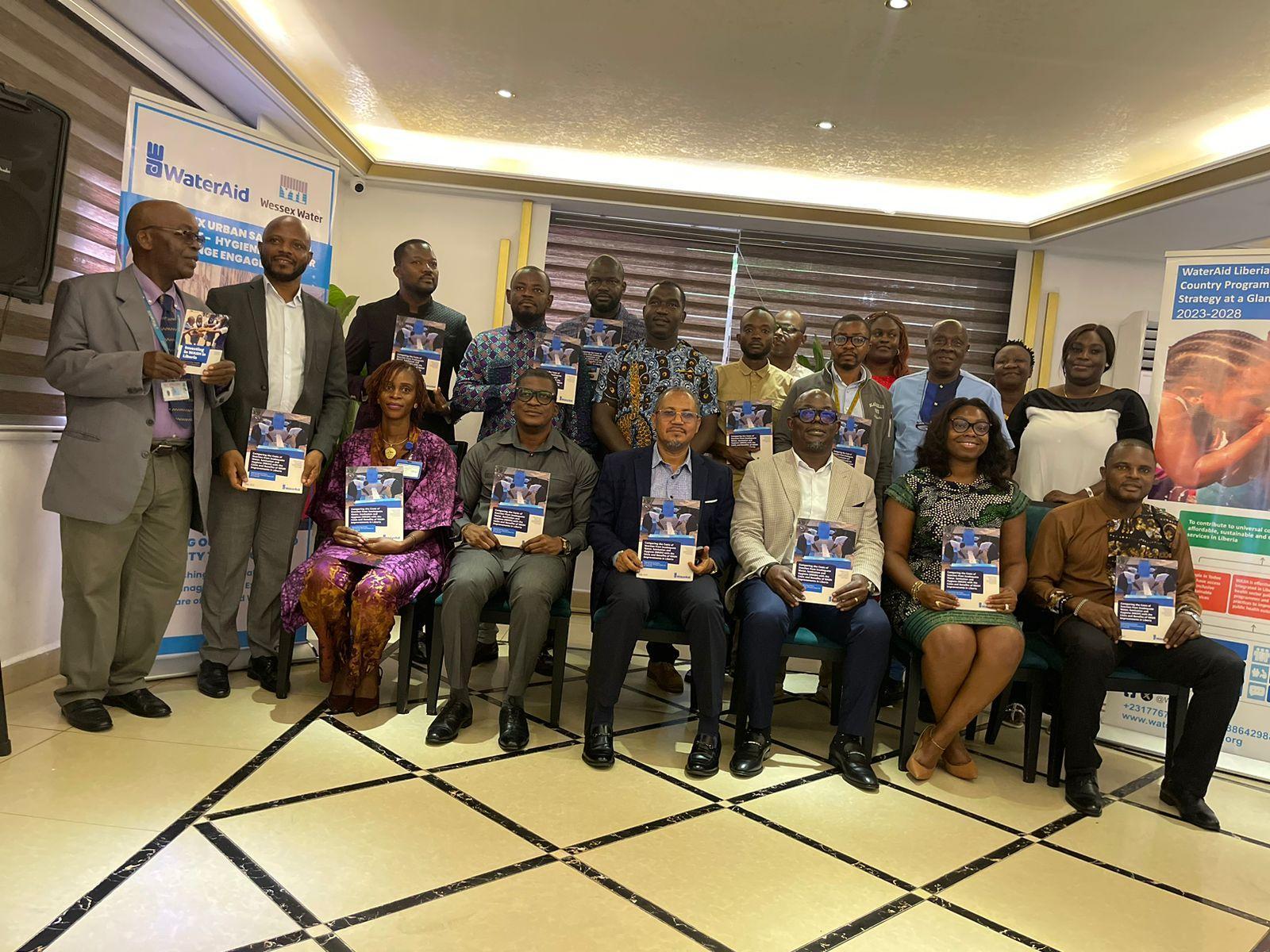Africa-Press – Liberia. The study projects that up to US$171 million in losses could be prevented annually between 2024 and 2030 with investment in basic WASH services.
Liberia lost an estimated US$231 million in 2023 due to inadequate Water, Sanitation, and Hygiene (WASH) services representing 5.3% of the country’s GDP, or US$44 per capita according to a new WaterAid report released on Tuesday, July 22.
The report is Liberia’s first known WASH cost-benefit analysis and was led by WASH economist and researcher Guy Hutton. It identifies time lost collecting water or searching for toilets as the source of more than half of the economic impact. An additional 27% of losses were attributed to premature deaths linked to unsafe water and poor sanitation.
The study projects that up to US$171 million in losses could be prevented annually between 2024 and 2030 with investment in basic WASH services.
It also notes that 67% of the benefits from improved WASH access would go to women, primarily through time savings and improved health outcomes.
Barriers to progress outlined in the report include low political prioritisation, weak institutional capacity, limited household income, constrained government budgets, cultural norms, and poor technical planning due to inadequate data.
Currently, fewer than one in four Liberians have access to basic toilets at home, and fewer than 40% have access to safe water.
WASH-related diseases account for nearly 6% of national health spending, disproportionately affecting women and underserved communities.
At the report launch in Monrovia, WaterAid Liberia Country Director Chuchu Selma called on the government to increase WASH financing, revise the outdated National WASH Strategy, and incorporate WASH infrastructure into county development plans. Selma also urged improvements in disease surveillance and the enforcement of WASH standards in schools and healthcare facilities.
“These figures are not just statistics—they represent lost lives, stunted potential, and missed opportunities for national growth,” Selma said.
The report was formally accepted by Mohammed Ali, Managing Director of the Liberia Water and Sewer Corporation, and Morris Gono, Executive Director of the National WASH Commission. Gono pledged to present the findings to President Joseph Boakai for high-level consideration.
The World Health Organization (WHO) and the World Bank also endorsed the report, citing its potential to attract greater funding and improve coordination between the government, WaterAid, and development partners.
Naomi Solanke, Head of Community Health Initiatives, emphasized the need for pro-poor WASH financing to ensure access for vulnerable groups, including women, girls, and persons with disabilities.
WaterAid is partnering with WHO and UNICEF to support the Liberian government in developing a WASH Account—a financial tracking system aimed at increasing transparency and improving investment planning.
The launch event was attended by representatives from government WASH agencies, development partners, donor organizations, and civil society institutions.
For More News And Analysis About Liberia Follow Africa-Press






